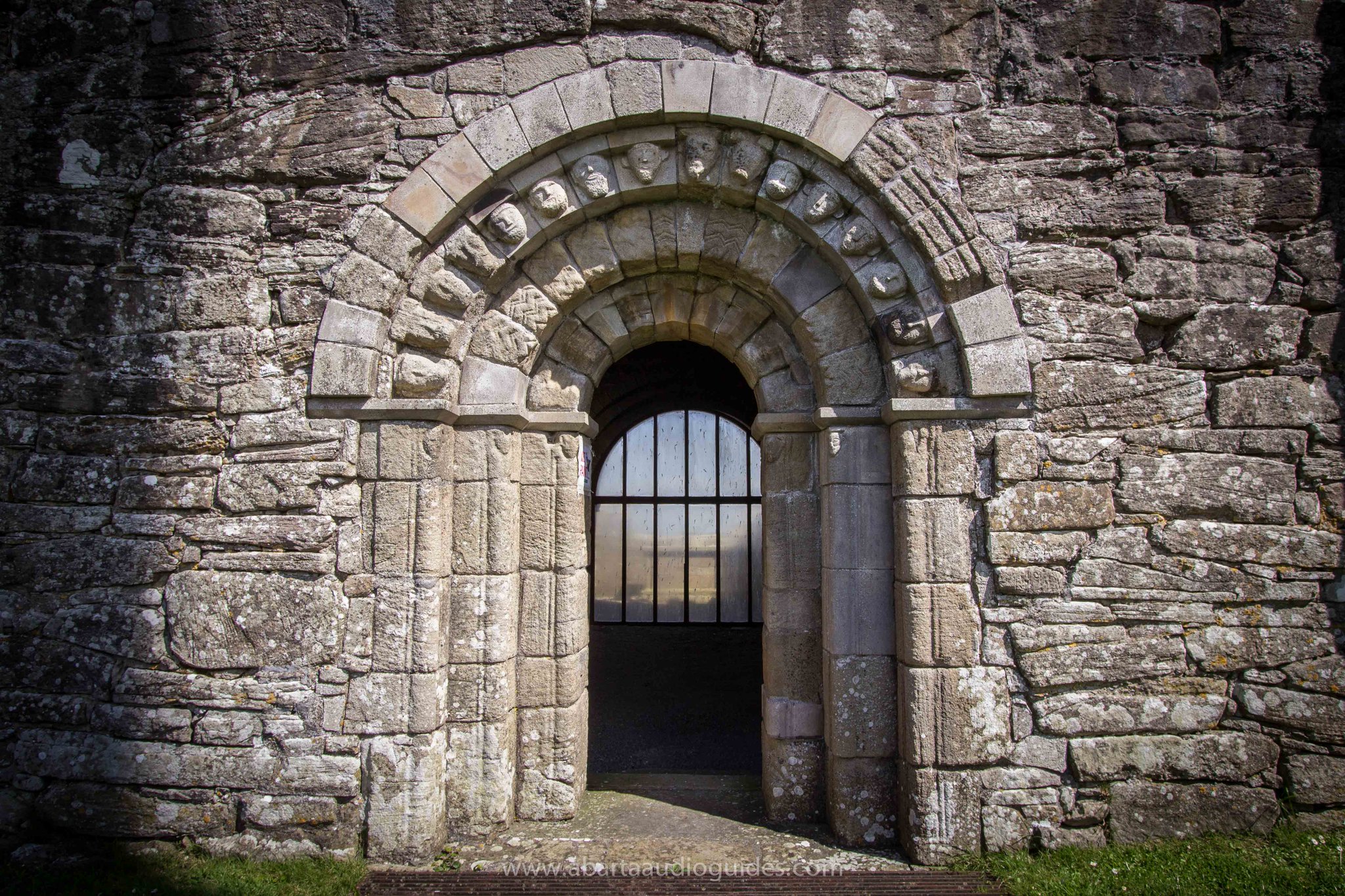"WE DO not yet know why a gunman entered a church in Charleston, South Carolina on Wednesday and killed nine people at a prayer meeting, but in a sense it does not matter. One searches for reasons in order to assign responsibility and to devise solutions, but in this case no one will accept responsibility, and no solutions will be devised. One might blame radical ideology; given that the gunman, who police suspect is 21-year-old Dylann Roof, is white and the victims black, it seems probable that the motives were rooted in racial hatred. But no modern American party, movement or politician embraces explicit racism. While some exploit more subtle forms of racial resentment, none would admit to any link to a mass killer. A South Carolina branch of the Ku Klux Klan has been on a last-ditch recruitment drive to save itself from extinction, but one expects even the KKK would dissociate itself from violence these days. The massacre, then (like those in Sandy Hook, Isla Vista, Aurora, and many others), will almost surely be blamed on the actions of a lone madman, who is now in the custody of police. This might, as with the Sandy Hook massacre, lead to support for legislation to make the public mental-health system more proactive (and more coercive). But that legislation is controversial among mental-health practitioners, and has been bogged down in Congress. In any case, while better mental health is a good thing in itself, it is unlikely to have a reliable impact in finding and stopping the small number of people who commit mass killings. The gunman's access to firearms was obviously a prerequisite for the killings. But it has become clear since Sandy Hook that meaningful gun control is politically impossible in America. While certain forms of restrictions on gun ownership are popular, the power of lobbying organisations such as the National Rifle Association and the lock-step opposition of Republicans in Congress have blocked all moves towards legislation. This political dynamic helps explain why the rise in mass killings in America has not led to any changes in policy. Such killings have become increasingly common, even as the overall number of gun-related homicides has declined. Before yesterday, there had been 279 killings involving four or more victims since 2006, according to an excellent database compiled by USA Today. About five out of six such killings target family members, or involve the commission of another crime such as a burglary. The mass killing in Charleston appears to belong to the sub-category of "public killings": those, like the Sandy Hook massacre, in which the killer had no intimate personal relationship with the victims. In fact, 2015 has not been a particularly bad year for public killings: until yesterday there had been just one, in San Francisco, and police believe it was gang-related. (The biker brawl in Waco, Texas, which left nine people dead, is not classified as a public killing because the victims appeared to have known each other.) The massacre in Charleston will certainly add to America's growing racial tensions. After a series of killings at the hands of white police officers and citizens in the past few years, African-Americans increasingly feel they are the victims of structural racist violence. One of the most egregious slayings took place in nearby North Charleston in April, when a police officer shot a fleeing African-American man eight times after pulling him over for a broken tail light. (The officer has been indicted for murder.) White Americans often refuse to accept that such violence is rooted in widespread racism; for African-Americans, the connection is obvious. Still, while racist killings by officers could be addressed by changes in jurisprudence or policing practices, it is harder to imagine how to tackle mass murder. This is not to say that Wednesday's massacre in Charleston has had no political consequences at all. There has been one: Jeb Bush, the Republican presidential candidate, cancelled a rally in the city that had been planned for Thursday. It is interesting to contemplate how many victims a killing must claim before politicians feel they need to cancel a rally in the area, and what types of victims merit cancellation. Would Mr Bush have cancelled his rally after a gang-related killing? What about a terrorist attack? (For that matter, why are political murders such as the Boston Marathon bombing immediately labelled "terrorism", while the apparently political mass murder in Charleston is not?) Will mass killings someday be unremarkable enough in America that politicians feel comfortable ignoring them entirely? The regularity of mass killings breeds familiarity. The rhythms of grief and outrage that accompany them become—for those not directly affected by tragedy—ritualised and then blend into the background noise. That normalisation makes it ever less likely that America's political system will groan into action to take steps to reduce their frequency or deadliness. Those who live in America, or visit it, might do best to regard them the way one regards air pollution in China: an endemic local health hazard which, for deep-rooted cultural, social, economic and political reasons, the country is incapable of addressing. This may, however, be a bit unfair. China seems to be making progress on pollution."
Charleston massacre: The latest American mass killing | The Economist:











